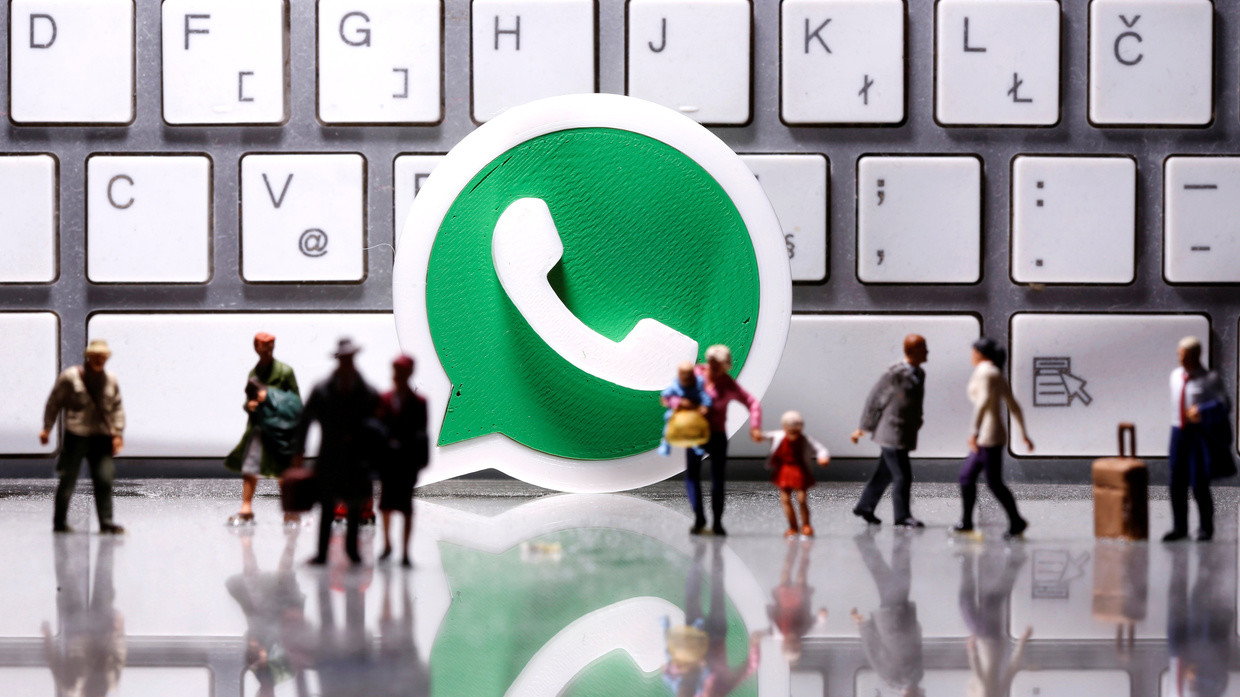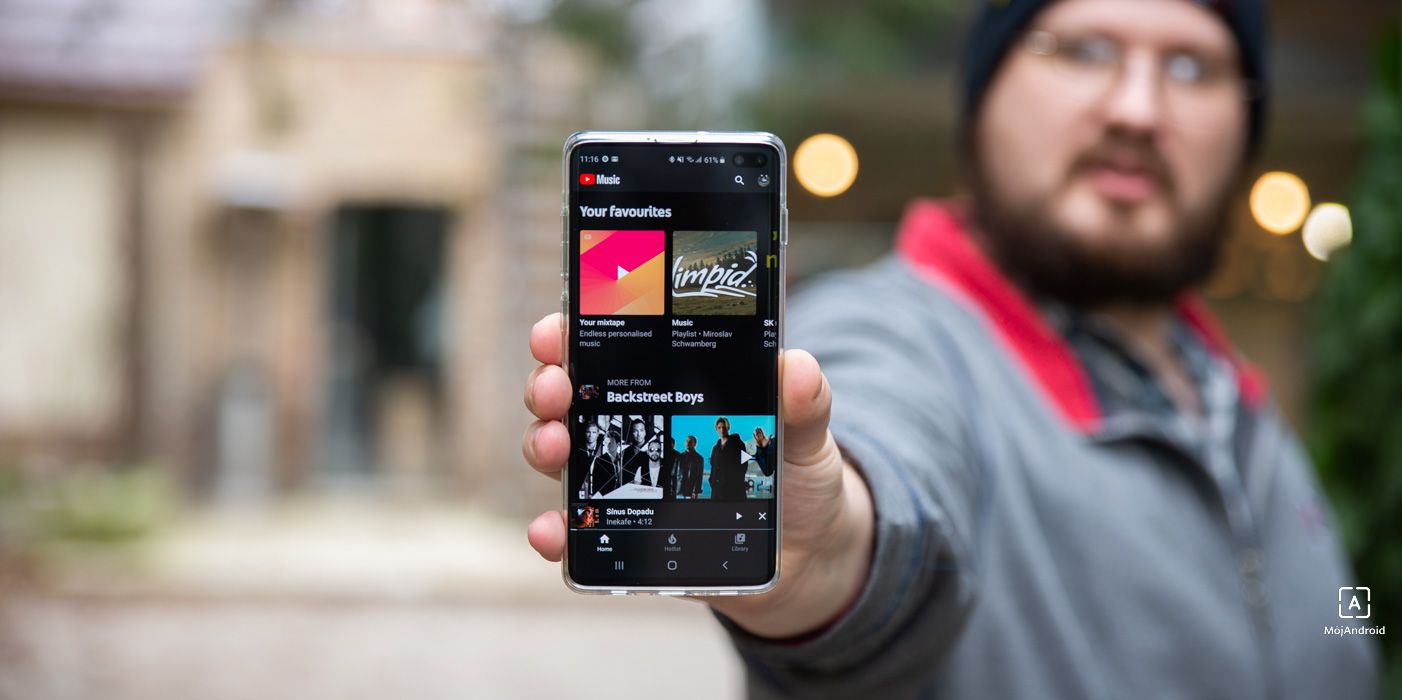WhatsApp will again differentiate between users
Applications will become more market-oriented in the coming years, especially in terms of data protection rules. WhatsApp is already showing the way, as more in the EU are likely to do. The reason? Quite prosaic, the possible risks of a fine must be eliminated.
Connecting the worlds – the EU and everyone else
How to offer more to potential advertisers and customers who pay for space and want to know how we behave in the virtual, but also in the real world today? According to the model that tries to apply Facebook, the path leads to the connection of everything that the platform covers.
Thus, a new model of conditions has been launched for markets outside the EU since 9 February, which in reality means that data from WhatsApp will be shared with Facebook and other companies (eg Onavo or CrowdTangle). It will share your phone number, IP address, payment details and especially interaction with other WhatsApp users.
Therefore, if, for example, users in the US will want to have an active WhatsApp, it is necessary to with the new conditions agreed by 8 February. After this date and without consent, the application will not be usable. Here you can clearly see how social networks and communicators can force their customers to stay with them, in principle, the conditions are probably read by few and especially if you do not accept them, you simply cannot use the program. And that’s what the developer himself builds on, which on the one hand knows that most customers do not give up on the habit, and especially if they do not give them another option, the decision is quite clear. WhatsApp will simply not be removed in bulk from phones, tablets or laptops.
GDPR – good for customers, bad for companies
However, in Europe, mainly due to specific GDPR rules, it is different. Especially in that, if any the subject processes my personal data, he must justify their processing. Furthermore, issue instructions to the user as well as instructions informing him about his status, the scope of processing, the purpose of processing, including the time of processing, or about the rights of anyone who processes personal data. Should such personal data subsequently go to another entity, in particular to a person located outside the EU, a complex mechanism is in place, how to harmonize the rules of personal data protection in the given country outside the EU, where I want to send data.
Harmonization must comply with our GDPR protection rules or those recognized in the EU. This, too, is simply one of the reasons why few entities dare to send data outside the EU. Especially if the transmission is based on consent, its revocation by the customer should also end the processing by the third party to whom my data was sent. And this will disrupt the business model. However, this is not such a serious problem outside the EU.
I assume that other companies will strictly distinguish between conditions for customers from the EU and outside this area. So far, this seems to mean a greater degree of protection for us. In particular, the scope of personal data should not be sent by applications such as WhatsApp outside the EU. That is, entities for which the rules of their protection do not apply to the extent that it is in our country.
photo source: RT.com


